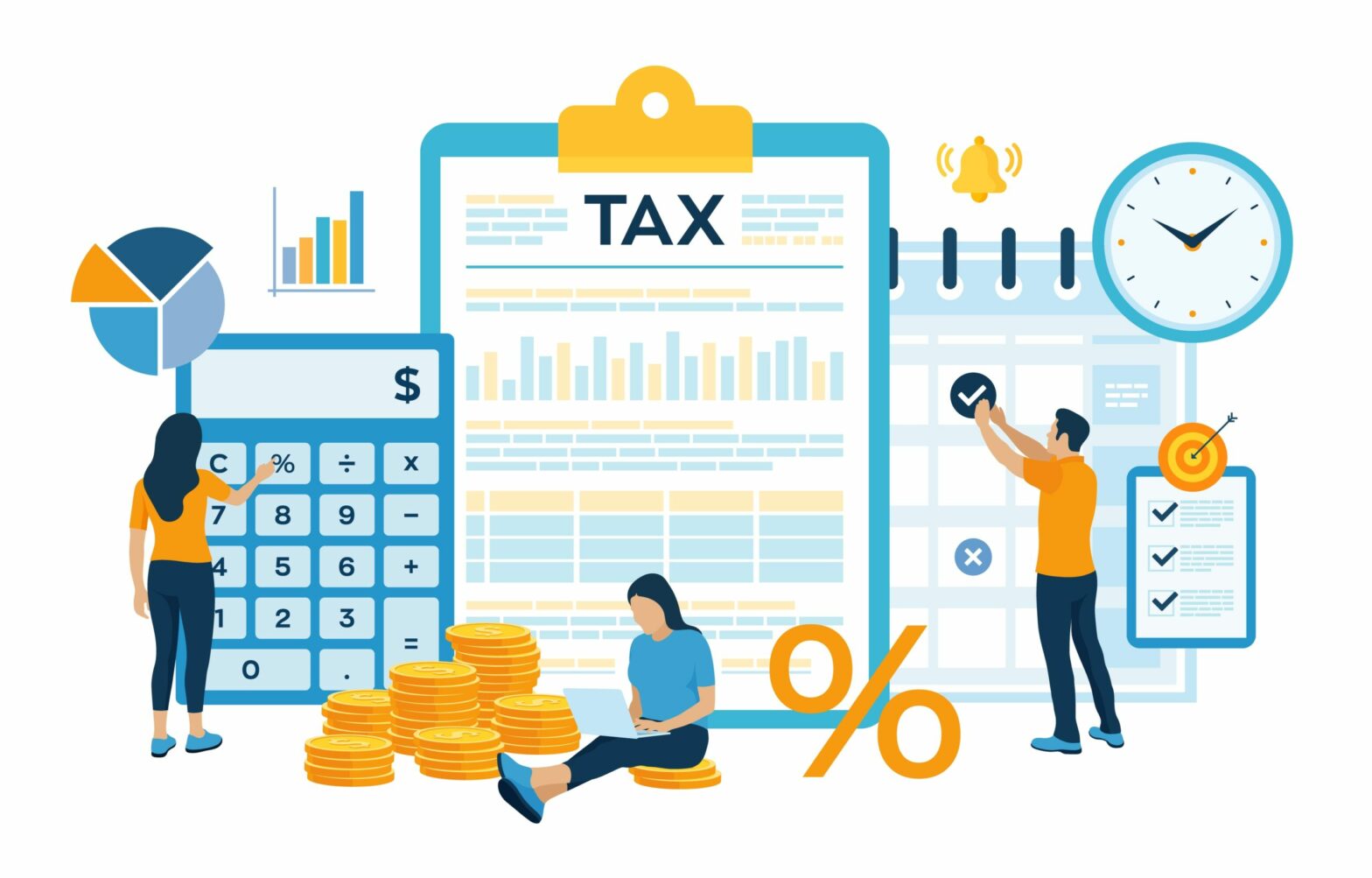The Valuation Office Agency (VOA) is an executive agency of HM Revenue and Customs (HMRC). Its valuation work covers every domestic and commercial property in England and Wales. It also provides independent and impartial valuation and professional property advice across the public sector. Its valuations help to bring in more than £51bn in revenue in local taxation.
What has the Valuation Office Agency got to do with business rates?
The Valuation Office Agency is responsible for setting a Rateable Value (RV) for every domestic and commercial property across England and Wales. The Rateable Value of a non-domestic property will help determine the business rates payable by the property’s ratepayer. It is a key part of the business rates system – but as an operational agency it delivers its work within legislative and policy frameworks set by HMT and MHCLG. Its role is to provide independent, impartial valuations that support local taxation and benefits. Based on the valuations it provides, local authorities then decide on rates that businesses will be responsible for paying.
How does the Valuation Office Agency value my business*?
Business rates are worked out based on your property’s “rateable value”. This is its open market rental value on 1 April 2015, based on an estimate by the VOA.
>See also: Do I need to pay business rates working from home?
What is rateable value?
Non-Domestic property has a rateable value (RV) that is based on the market rent it would be expected to command.
A revaluation is usually carried out every five years so that values in the rating list can be kept up to date. An independent valuation officer of VOA fixes the rateable value of non-domestic property.
From 1 April 2017, the rateable value of a property represents its annual open market rental value as at 1 April 2015. The next revaluation is expected to take place later in 2021.
A new business rates appeal process came into effect in England and Wales on 1 April 2017 known as Check, Challenge, Appeal. The VOA deals with checks and challenges, while the independent Valuation Tribunal for England handles appeals.
>See also: Business rates review 2021 – what your small business can expect
Valuation Office Agency valuation checker
You can view and confirm details held about your property here and if you have reason to believe that your 2017 rateable value is not correct, details on how to check and challenge can be found on the VOA’s website.
- Check – review and confirm the facts about your property held by the VOA
- Challenge – once the facts are established, explain why you believe your valuation is wrong
An appeal on your 2017 rateable value is not possible, and may not be necessary, until you have completed Check and Challenge .
>See also: How can I reduce my business rates in England? A small business guide
What is a business rates multiplier?
A multiplier (or poundage rate) is the number of pence-per-pound of rateable value that you need to pay through business rates. The government reviews the multipliers each year in line with inflation.
Access the government’s current business rates multipliers.
How can I calculate my business rates?
To calculate your estimated business rates for the year ahead, you need to multiply the government’s up-to-date multiplier by the rateable value of your business.
Using the ‘multiplier x rateable value’ formula mentioned above, here’s an example to help you understand how the process works:
- 9p— current business rates multiplier 2021/2022 for small businesses in England
- £10,000 — rateable value of the small business premises
- 499p x £10,000 = £4,990 estimated business rates for 2021/2022
*Business rates are calculated differently in Scotland and Northern Ireland. You can find out more by accessing the Scottish government’s business rates calculator and Northern Ireland’s business rates calculator.





